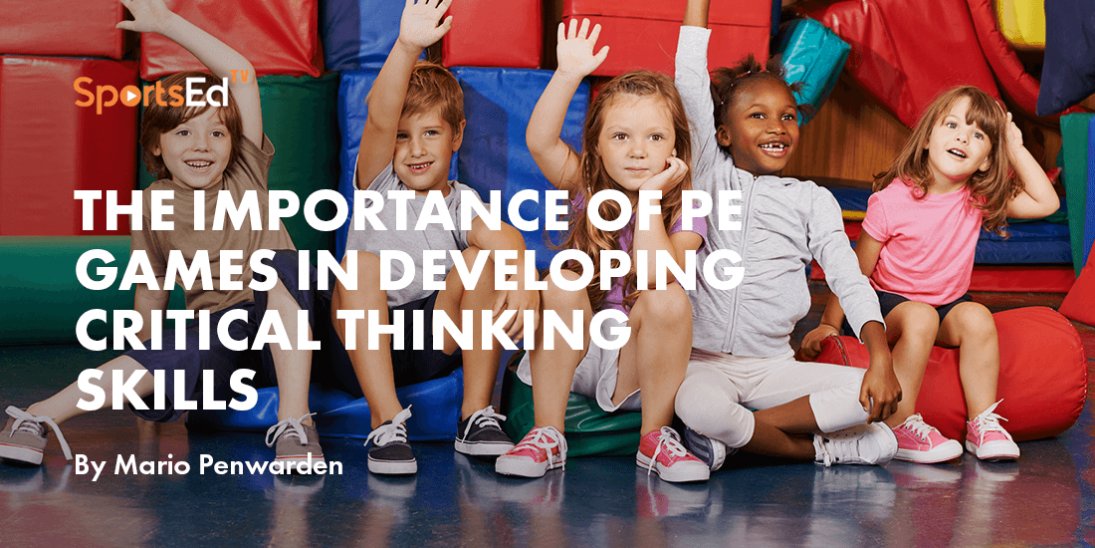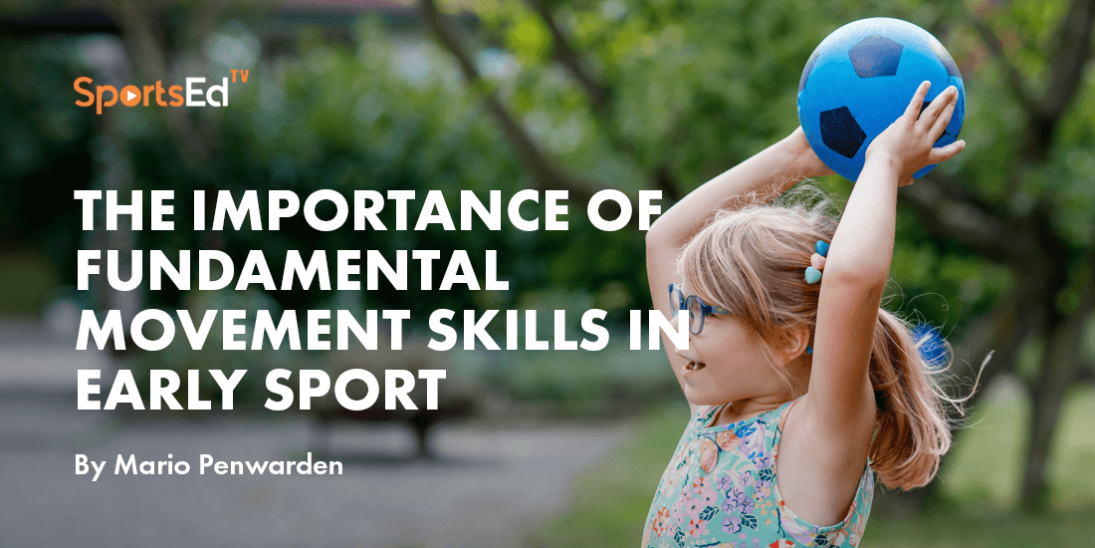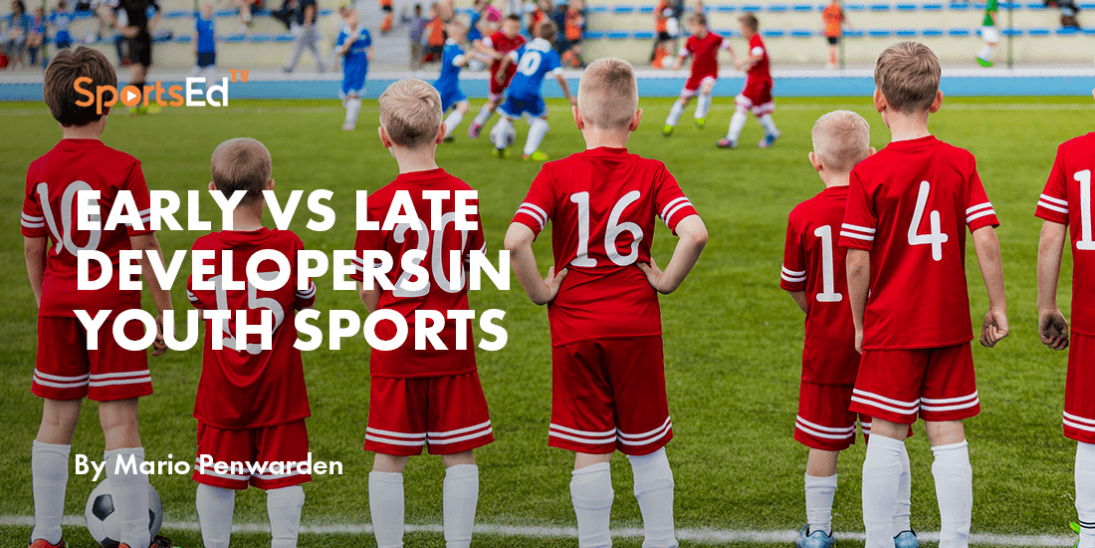Baseball, Basketball, Physical Education, Soccer, Volleyball, Weightlifting
Welcome and thanks for visiting...

The Importance of PE Games in Developing Critical Thinking Skills

It is well-documented that movement can play a very important role in the development of critical thinking skills. When children take part in physical activity and exercise, they are able to develop cognitive processes such as attention, memory, and problem-solving. Additionally, participating in activities that require decision-making, such as structured games and sport-orientated activities, can help develop critical thinking skills by encouraging children to analyze information, identify alternative solutions, and make complex decisions, all while they are under pressure and have to play within a certain set of rules.
Adding games into your sessions or having a dedicated games session once a month not only ensures that learners stay excited and have something to look forward to, but it also creates an environment in which they are able to explore, experiment, and learn from their mistakes. When children take part in structured games, children learn what it is to form part of a team and are able to experience firsthand the consequences of their actions when they do not contribute to that team. It also provides them with valuable feedback to fall back on and make the necessary adjustments for future participation. This process helps them to do self-evaluation and to assess their performance by using analytical and evaluative skills.
Games can mostly be categorized into 3 categories:
Invasion games
Invasion games are mostly team-orientated games with the purpose to invade the opponent's area, in order to score points and prevent the opponent to score points. There are several sports codes that fall into this category. There are also several custom codes that can be applied to improve the structure and emotional development.
Some sport-specific examples of invasion games include:

- American Football
- Basketball
- Soccer
- Ultimate Frisbee
- Hockey
- Rugby
Target games
During target games, a player will throw or hit an object with the purpose of landing it as close as possible
to a target. This can be a team sport or individual sport and can be with our without opposition.
Some sport-specific examples of invasion games include:
.jpg)
- Golf
- Archery
- Ten-pin bowling
- Lawn bowls
- Curling
Striking and Fielding games
The main concept is that attacking players will hit an object, and the opposition will field. Only attacking players can score points by hitting an object into certain open spaces and moving to and from specific areas. Opposition players will try to prevent the attacking players from scoring by catching the object or collecting it and directing it to a specific allocated area.
Some sport-specific examples of invasion games include:
.jpg)
- Baseball
- Cricket
- T-ball
- Softball
- Tennis
- Badmington
It is important to not always see games as only sport-orientated, especially in the early development stages where the focus is still on fundamental movement skills and not end skills. Therefore, keep it simple, interesting, and imaginative by incorporating aspects of the invasion, striking, and fielding or target games into more theme-orientated games with lots of equipment.
There are some important aspects of games that must always be given priority when implementing them.
Even though the fun aspect often outweighs the rest, one must be careful not to let ‘just having fun overshadow the learning and development opportunities that games offer. Always make sure that children are well aware of the safety risks and made aware of their role in not only keeping themselves safe but also those playing with them. Always have clear rules and guidelines for each game, and always be consistent in applying these rules and consequences. After all, this is what makes the game what it is.
When playing in a structured environment with rules and consequences children develop the necessary skills to grow in emotional and intrinsic values and skills. These skills not only contribute towards their development into well-balanced and naturally motivated adults but also teaches them vital skills in being contributing member of a team and society at a later stage.
In summary, always try to incorporate games into your curriculum. It is not only a fantastic way to get kids fitter and stronger, but it also plants the seed of prolonged sports participation by developing well-balanced individuals. It also plays a vital role in the development of critical thinking skills by providing opportunities for individuals to engage in decision-making, learn from experience, develop a growth mindset, and engage in lifelong learning.








